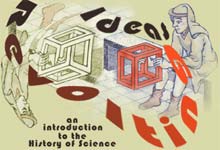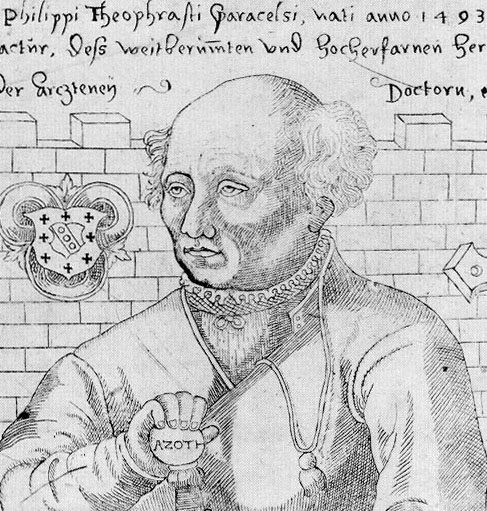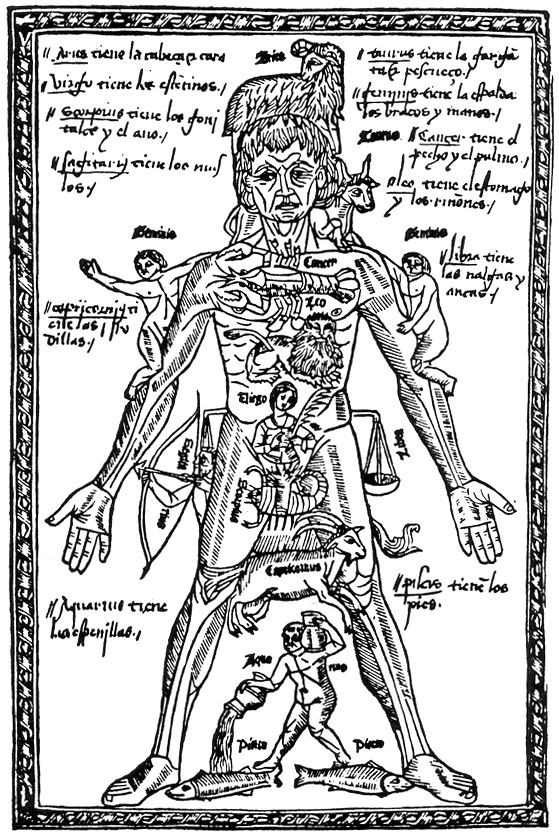
University of California, Irvine
Instructor: Dr. Barbara J. Becker

|
|
|
Preservation vs. Modification (12th-15th c) |
| Differing Views of the Scholar's
Task:
Greatest happiness comes from contemplation of knowledge already derived. Differences between what is written and what is seen today may be due to current inability to fully understand either what is written or what is seen. Task of the scholar is to find ways to reconcile these differences.
"By doubting we come to inquiry; by inquiring we perceive the truth."--Peter Abelard (1079-1142)
"You will find more in forests than in books. Woods and stones will teach you more than any master."--St. Bernard of Clairvaux (c. 1090-1153)
|
|
in the Medieval Community of Scholars |
1210 |
|
| 1215 |
|
| 1220 - 1225 |
|
| 1231 |
|
| Albertus Magnus (1200-1280) | argued that:
|
| 1255 |
|
| 1260 |
|
| 1277 |
|
|
in the Community of Scholars |
Condemnation of heresies in Aristotle
(13th c):
|
|
||||||||||||||||||||||||||||
|
in Medical Theory and Practice |
|
a.k.a., Paracelsus |
Mercury is imperfect as a metal: it is semi-generated and wanting in coagulation, which is the end of all metals. Up to the half-way point of their generation, all metals are Mercury. Gold, for example is Mercury; but it loses the Mercurial nature by coagulation, and although the properties of Mercury are present in it, they are dead, for their vitality is destroyed by coagulation.... Any one can at pleasure learn this art in Alchemy, since it is so simple and easy; and by it, in a short time, he could make any quantity of silver and gold. It is tedious to read long descriptions, and everybody wishes to be advised in straightforward words. Do this, then; proceed as follows, and you will have man. |
 |
|
Wait awhile, I beg, while this process is described to you in a few words, and keep these words well digested, so that out of Saturn (lead), Mercury, and Jupiter (tin) you may make Sol (gold) and Luna (silver). There is not, nor ever will be, any art so easy to find out and practice, and so effective in itself. The method of making Sol and Luna by Alchemy is so prompt that there is no more need of books, or of elaborate instruction, than there would be if one wished to write about last year's snow.
|
|
Paracelsus followed the doctrine of "two
lights":
|
|
Paracelsus was opposed to the notion of disease
as systemic humoral imbalance:
|

Zodiac Man |
|